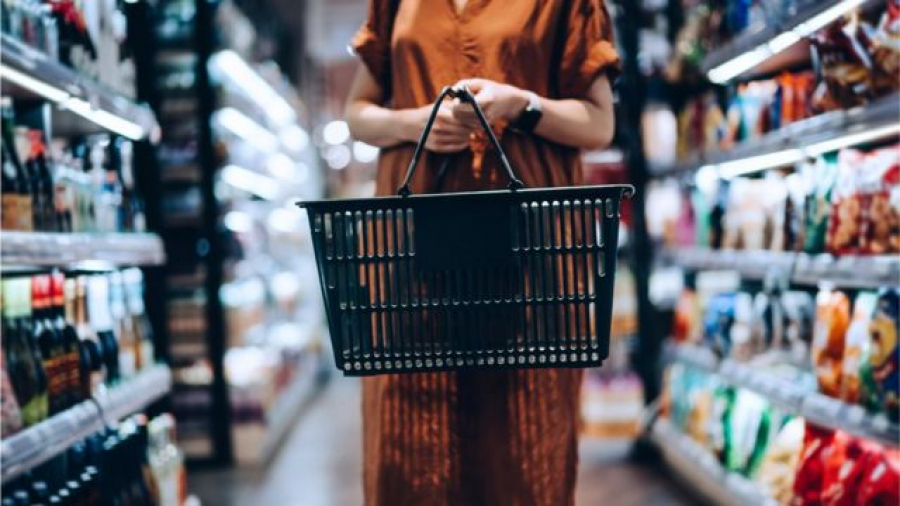More than 62 million people in these countries have experienced food insecurity in the aftermath of the pandemic. The recent increase in food prices has intensified the problem, making this sub-region the one with the highest percentage of food insecure population in Latin America and the Caribbean.
The IDB study proposes recommendations to strengthen food security in the short and medium term with policies aimed at families and affected sectors, such as targeted transfers, food supply programs, support to the agricultural sector and trade measures.
The report also discusses structural measures to strengthen food systems and prevent future crises, such as investment in public goods, access to agricultural financing, research, development and innovation in the sector, and openness to international trade, among others, which should be designed with a gender perspective, given the greater vulnerability of women to the effects of economic shocks.
Although moderate or severe food insecurity in this region was already above the average for Latin America and the Caribbean, it has been exacerbated by the global inflationary escalation caused by the pandemic and by the war between Russia and Ukraine, which has led to increases in commodity prices.
Inflation has become the main concern for households and it is estimated that the percentage of households with incomes below the cost of the basic food basket has increased this year by more than 5 percentage points compared to 2019. Those headed by women or informal workers and rural households have been particularly affected.
Translated by: A.M
 English
English  Español
Español 
